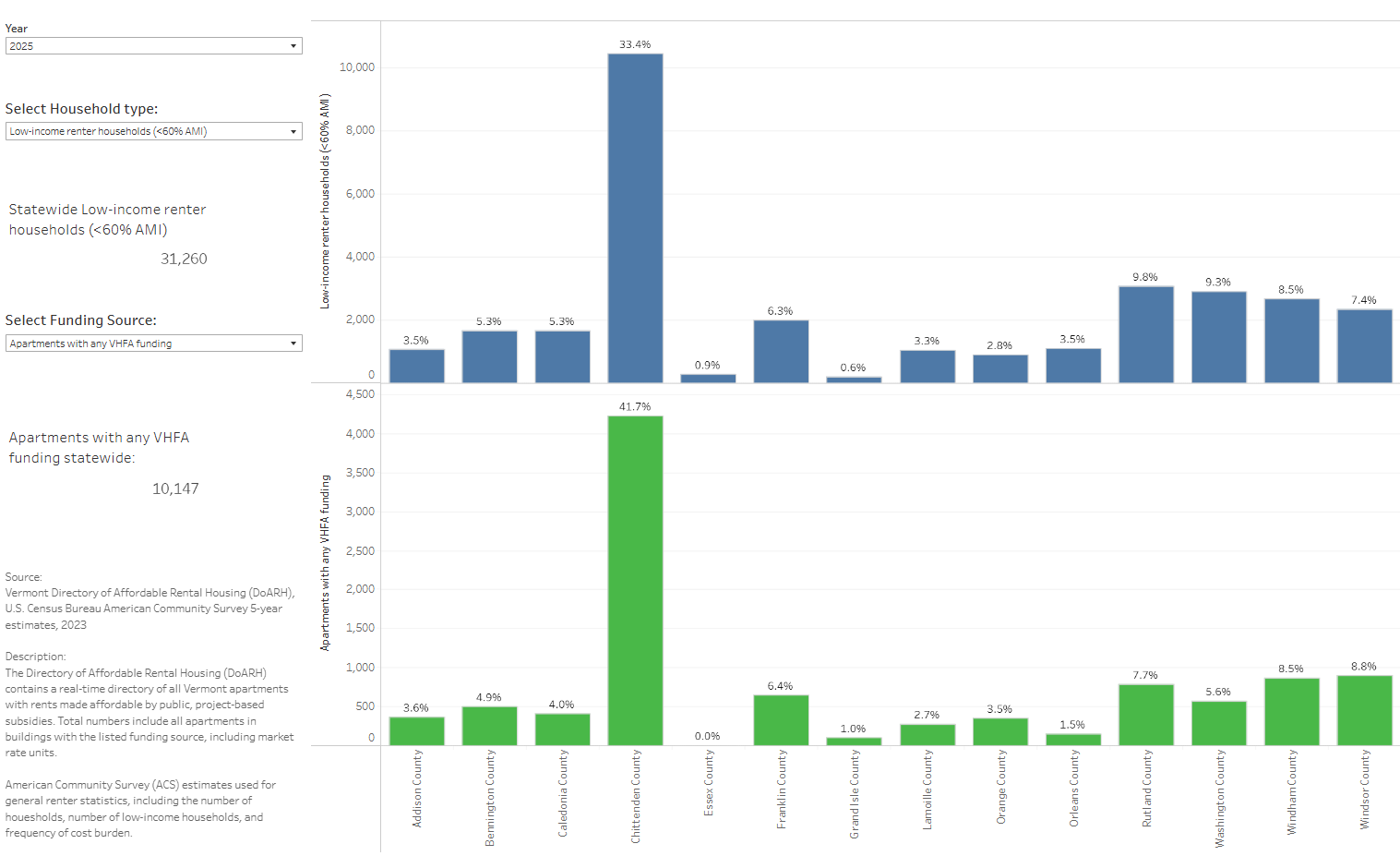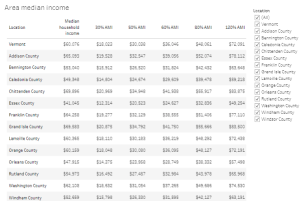The Housing Tax Credit was designed by Congress to help create and preserve affordable rental housing for lower income households. It provides a direct cost-based reduction in federal tax liability over a 10-year period for owners of qualifying rental housing who agree to conform to certain operating restrictions for a 15-year period or longer.
In the past, the federal government was the sole funder of the construction of many affordable housing developments. Today, dedicated affordable housing is usually created using subsidies from multiple sources, including federal, state, and local governments; financial institutions; and charitable foundations. Other dedicated affordable units are created as a result of affordability requirements or incentives established by local or state government.

Housing trust funds (HTF) can support construction or rehabilitation of owner or renter homes, including creating Accessory Dwelling Units. HTFs can be used to encourage young families to move in and renovate homes through grants, low-interest loans, or loan forgiveness over time. Communities may work with state, regional, and county housing trust funds, or may choose to develop a local housing trust fund. Funding sources for HTFs include local options taxes, a percentage of property tax revenue, fund balances, bond proceeds, general fund appropriations, and dedicated fees.
Requires housing units torn down by developers to be replaced with a specified percentage of new housing units to maintain housing stock within a community. In some areas developers have the option of paying a fee in lieu of constructing new housing units, which may be placed in a housing trust fund.
Tools such as inclusionary zoning require developers to create housing that meets definitions of “affordable” by its rent or purchase price. Some municipalities additionally require long-term or perpetual affordability of the unit. Municipalities can ensure that the units remain accessible to future residents through stewardship by a housing trust and/or by setting rent or resale price restrictions.
Municipal planning ordinances that require or incentivize developers to set aside a certain percentage of affordable housing units for low and moderate-income residents.


